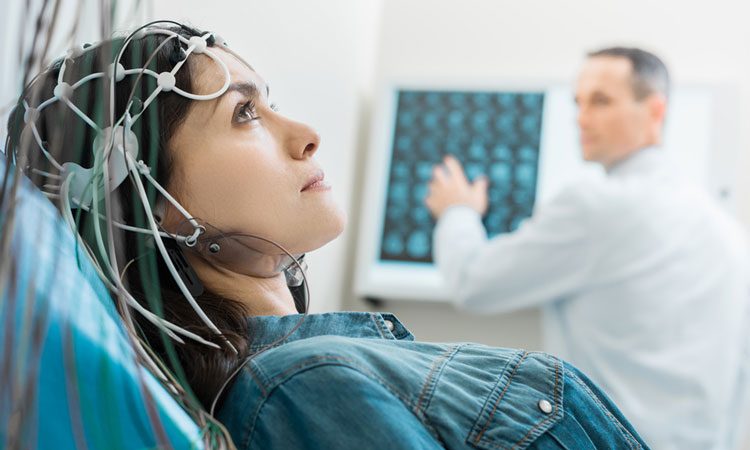New research funded by the National Institute of Health uncovered a neural signature able to predict a patient’s response of one of the most commonly prescribed antidepressants. The study, using machine learning algorithm, demonstrates the potential benefits data analytic methods could bring to the field of psychiatry.
In the study, as published in the journal Nature Biotechnology, researchers set out to predict antidepressant response among patients being treated for major depressive disorder using the selective-serotonin reuptake inhibitor sertraline.
To do this, they designed a new latent-space machine learning algorithm, referred to as Sparse EEG Latent SpacE Regression (SELSER), for measuring electroencephalography results among participants placed in a placebo-controlled antidepressant study.
From the findings: “We designed a latent-space machine-learning algorithm tailored for resting-state electroencephalography (EEG) and applied it to data from the largest imaging-coupled, placebo-controlled antidepressant study.
“Symptom improvement was robustly predicted in a manner both specific for the antidepressant sertraline (versus placebo) and generalizable across different study sites and EEG equipment,” the study reads.
“This sertraline-predictive EEG signature generalized to two depression samples, wherein it reflected general antidepressant medication responsivity and related differentially to a repetitive transcranial magnetic stimulation treatment outcome.”
For eight weeks, participants with major depressive disorder were randomly assigned to either the SSRI drug or placebo, with the machine learning technique examining pre-treatment EEG data to potentially predict depressive symptoms after treatment.
According to the findings, from a particular brain signal known as alpha waves, the machine learning technique reliably predicted a patient’s antidepressant response.
“We found that the sertraline resting-state EEG signature indexed prefrontal neural responsivity, as measured by concurrent transcranial magnetic stimulation and EEG,” the study concluded.
“Our findings advance the neurobiological understanding of antidepressant treatment through an EEG-tailored computational model and provide a clinical avenue for personalized treatment of depression.”


